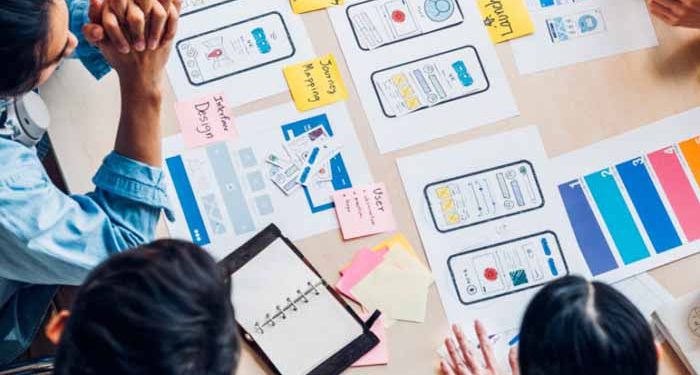When marketing events on Facebook and Google, here are six strategies to help you enhance your paid ads.
1. Continually monitor and update
Events, unlike most other products or services, are always in a race against the clock. With only a few months or weeks between advertising the event and the event day, it’s worth spending your time in your paid ad campaign now.
Every day counts, and the more you can track, update, and tweak your campaign, the better. If you’re A/B testing various copy, visuals, or video advertising, as well as the people you’re targeting, this is important to know.
Perhaps some images aren’t resonating with particular demographics? Is it possible to test new copy on the same audience? Until you attempt, you won’t know the answers to these questions. The longer you delay to update and change, the more conversion opportunities you may miss.
2. Make the most of lead times and urgency
“…events costing £51 ($65USD) or more, where more than half of attendees bought at least three months in advance (increasing to 70% when a ticket costs more than £201 ($256 USD)).” – The website Eventbrite
It’s critical to make the most of the time you have before your event. If an event is expensive, potential attendees will think twice before investing their time and money. They must plan with their pals, take into account their budget, and other events they would rather go on that day or with that money.
As a result, the sooner you begin guiding potential attendees through your sales funnel, the better. As you approach closer to your deadline, the extended lead time gives you additional real-time data, allowing you to develop your campaign even more.
As your event approaches, it’s important to change your marketing to reflect this and create a sense of urgency. When you reach milestones like multiple various percentages of tickets sold or a countdown of days till the event, have graphics and copy ready.
If tickets aren’t selling, consider using approaches that don’t lower your event’s perceived worth. Instead of lowering ticket costs, consider offering a discount on group purchases, a giveaway, or a discount on an upsell. If you have a long lead time with more expensive tickets, you may start with a discount and have early buyers help advertise the event by telling their friends or sharing on social media.
3. Remarketing to serve as a reminder
Remarketing is essential when both you and potential attendees are under pressure to sell tickets.
If you’re not familiar with remarketing, it’s when you use Facebook Pixel (which includes Instagram) or Google Advertising to show ads to people who have already expressed interest in your event.
With many interested parties still undecided, on the fence, or waiting until the last minute to book, a few reminders could be the deciding factor in closing the deal. And it’s possible that they’ll ultimately persuade their pals to buy tickets as well.
4. Vary your commercials while maintaining a consistent brand.
You must maintain your branding consistent while following the guidelines above. Your advertisements could display on Facebook, Instagram, or as Google banner ads. They could employ copy, photos, graphics, or video in a variety of ways. Ads may, for example, vary to create urgency, or someone could see a general ad as well as a gender-specific ad for the same event.
This combination is critical for reaching people wherever they are on the internet while also avoiding becoming monotonous. The audience should be able to tell it’s for the same event regardless of the placement, ad type, or imagery. They unconsciously register the reminder, even if they don’t completely comprehend the commercial message.
5. Collect your own information
There are a plethora of general statistics available on when, when, and how to launch sponsored ad campaigns, but nothing beats collecting your personal data. Frequent monitoring and updates will provide you with the most accurate data set possible during a campaign, resulting in an even more effective follow-up event.
If your events happen once or multiple times a year, there’s no reason you shouldn’t learn more about your audience and enhance your results every time.
6. Add in some social media giveaways
Giveaways are a simple and effective approach to increase engagement on organic social media posts, and they’re also a great complement to a promoted post or ad.
An organic social post will not gain you as much exposure as a marketed social post will. Then, by pushing people to enter the contest through shares, likes, and/or comments, you’ll be able to generate an exponential quantity of possible purchases.
A banner ad that mentions a giveaway can generate more clicks, potentially bringing individuals closer to making a purchase than they would otherwise.













